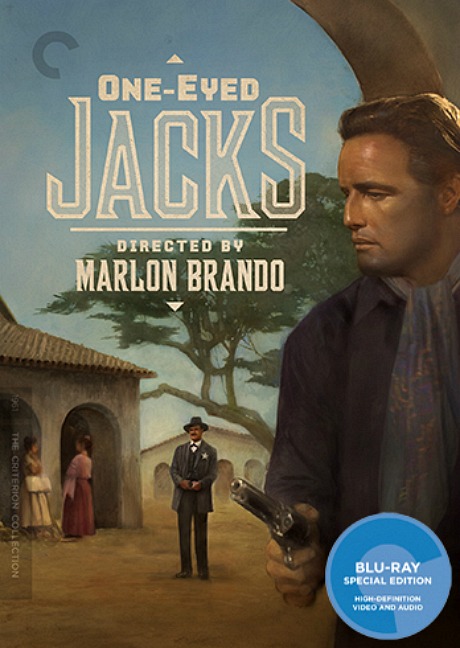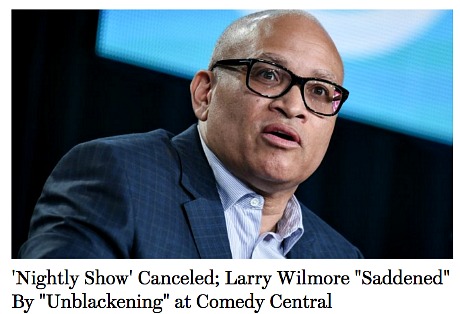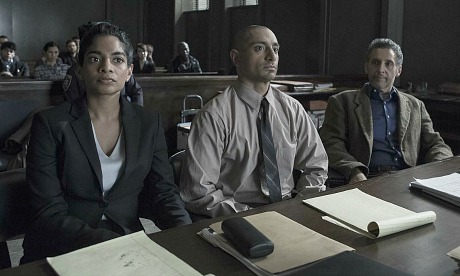Yesterday I caught a 6 pm screening of War Dogs, which necessitated a work wind-down around 4:30 pm. The previous eight hours were mainly a Nate Parker whirlpool. A total shitstorm. I couldn’t stop writing, talking and thinking about it. I just kept feeling sad and then sadder. Which is partly why I missed yesterday’s Daily Beast exploration of the whole Penn State mess (“Inside the Nate Parker Rape Case”), reported by Kate Briquelet and M.L. Nestel. Sources, transcripts, recollections, Sex on the Beach, etc.
The August 1999 inebriated rape episode (and particularly the harassment that followed at the hands of Parker and Jean Celestin) was clearly a turning point for the victim, who is given a fictitious name, “Jennifer,” in the article. She was used, plain and simple. But there are indications that the poor woman had issues above and beyond her agonizing Penn State trauma. Most people move on, heal up, acquire a certain crust. She didn’t. She had a kid in ’02, but couldn’t handle the raising. She had a rough childhood, a rough life. She apparently died in a rehab facility. 199 sleeping pills. Seriously tragic.




